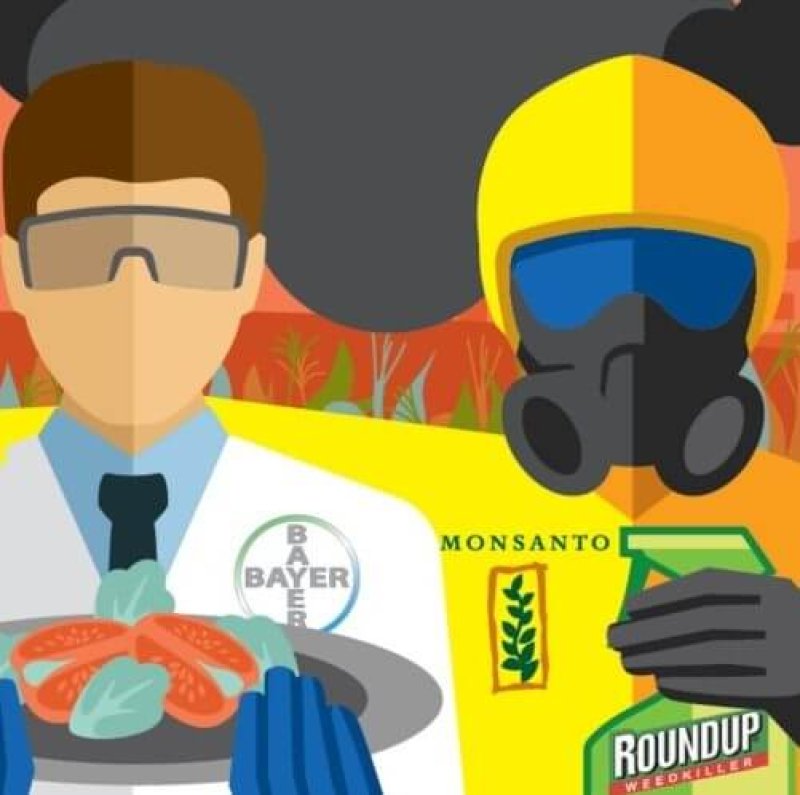This rapid-fire timing [of agribusiness mergers] may have been a coincidence, but it also may be a sign of what’s to come. And it’s just one of many indications that CRISPR/Cas9 and other next-generation gene editing technologies will likely be at the forefront of the seed industry in the years ahead. Some even see gene editing, which is said to be simpler, less expensive, and more consumer-friendly than traditional genetic engineering, as one factor driving the mergers [of Bayer and Monsanto, ChemChina and Syngenta, and Dow Chemical and DuPont]. And while that’s up for debate, it’s clearly an important part of the strategy for companies looking to control, and profit from, the world’s seeds.
…
[W]hile much of the media coverage of gene editing has pointed to its potential to break molds and change the genetic playing field, when it comes to agriculture, it will likely follow a more familiar path: CRISPR and other similar technology will most likely be used by scientists mainly to continue developing seeds that withstand consistent doses of pesticides on large, industrialized farms.The GLP aggregated and excerpted this blog/article to reflect the diversity of news, opinion, and analysis. Read full, original post: Monsanto’s Driverless Car: Is CRISPR Gene Editing Driving Seed Consolidation?
For more background on the Genetic Literacy Project, read GLP on Wikipedia































